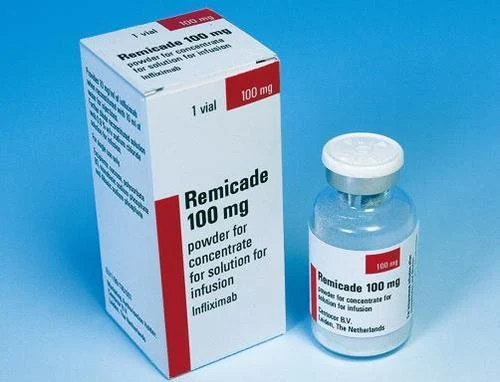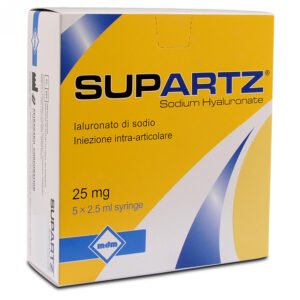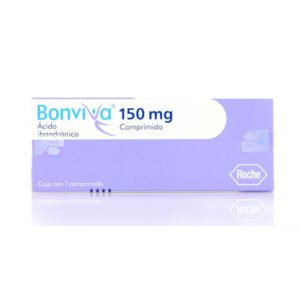Description
Overview of Remicade (Infliximab)
- Purpose: Remicade is an anti-inflammatory medication that targets tumor necrosis factor-alpha (TNF-α), a protein involved in inflammation.
- Usage: It is used to treat conditions where excessive TNF-α production leads to inflammation and tissue damage.
- Formulation: Remicade is formulated using antibodies derived 75% from human and 25% from mouse sources, making it a biologic medication.
- FDA Approval: Approved by the US Food and Drug Administration (FDA) in 1998.
- Mechanism: It works by blocking TNF-α, thereby reducing inflammation and preventing damage to tissues.
- Medical Conditions Treated: Includes autoimmune disorders like rheumatoid arthritis, Crohn’s disease, ulcerative colitis, psoriasis, and ankylosing spondylitis.
- Administration: Typically administered intravenously (IV) by a healthcare professional.
Side Effects of Remicade
Patients considering treatment with Remicade should be aware of potential side effects, including:
- Fatigue: Extreme tiredness or weakness.
- Flu-like Symptoms: Symptoms similar to influenza, including fever, chills, body aches, and skin redness.
- Hypertension: High blood pressure.
- Skin Reactions: Rashes, itching (pruritus), and other skin changes.
- Headaches: Pain or discomfort in the head.
- Upper Respiratory Tract Infections: Infections affecting the nose, sinuses, throat, or bronchi.
- Gastrointestinal Issues: Digestive problems such as diarrhea, nausea, abdominal pain, and indigestion (dyspepsia).
- Urinary Tract Infections (UTIs): Infections affecting the urinary system.
- Joint Pain (Arthralgia): Pain in the joints, which can be a side effect of infections or allergies to medications.
- Moniliasis (Candidiasis): Yeast infections, typically in the mouth, throat, or vagina.
Considerations for Use
- Consultation: Patients should consult with a healthcare provider to discuss the benefits and risks of Remicade treatment.
- Monitoring: Regular monitoring may be necessary to manage side effects and assess treatment efficacy.
- Alternative Options: While there is currently no generic alternative to Remicade, other medications targeting TNF-α (biologics) may be considered based on individual response and medical history.
Conclusion
Remicade (Infliximab) is a potent biologic medication used to manage autoimmune conditions by targeting TNF-α. It is effective but carries potential side effects that require careful consideration and management under medical supervision.
Patients interested in using Remicade should engage in thorough discussions with their healthcare providers to ensure informed decision-making and proper management of treatment outcomes.






Reviews
There are no reviews yet.